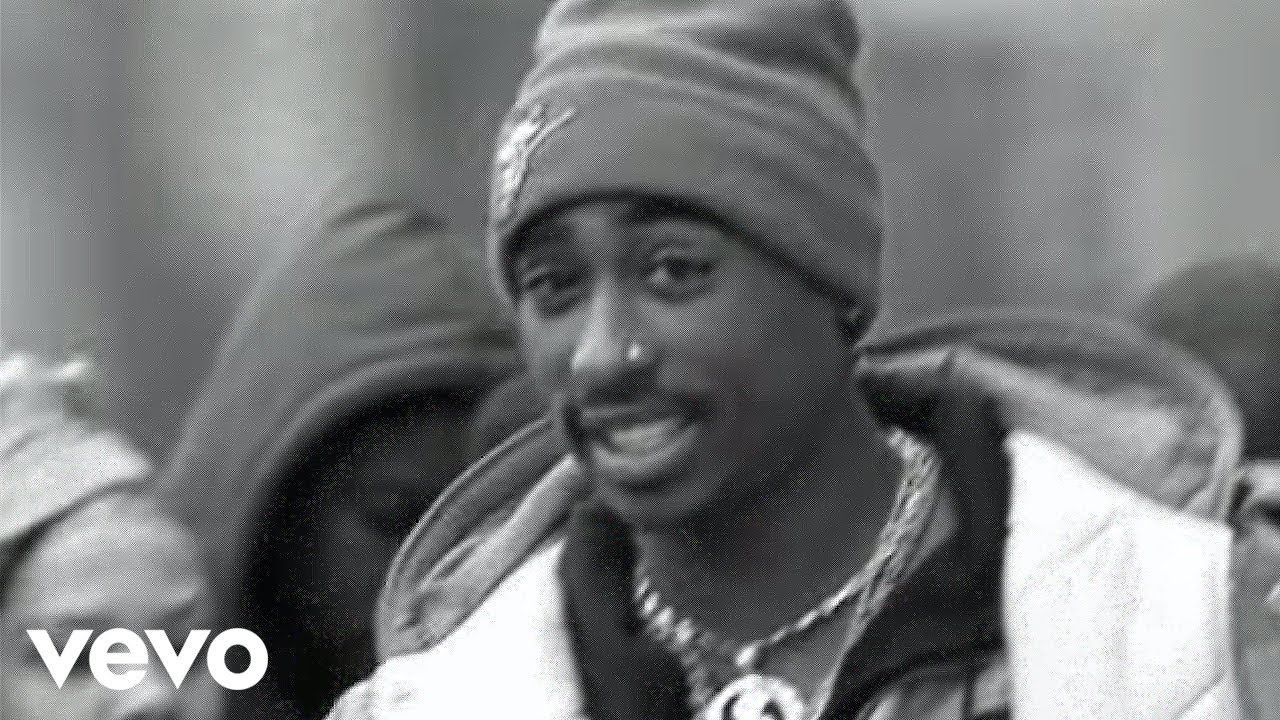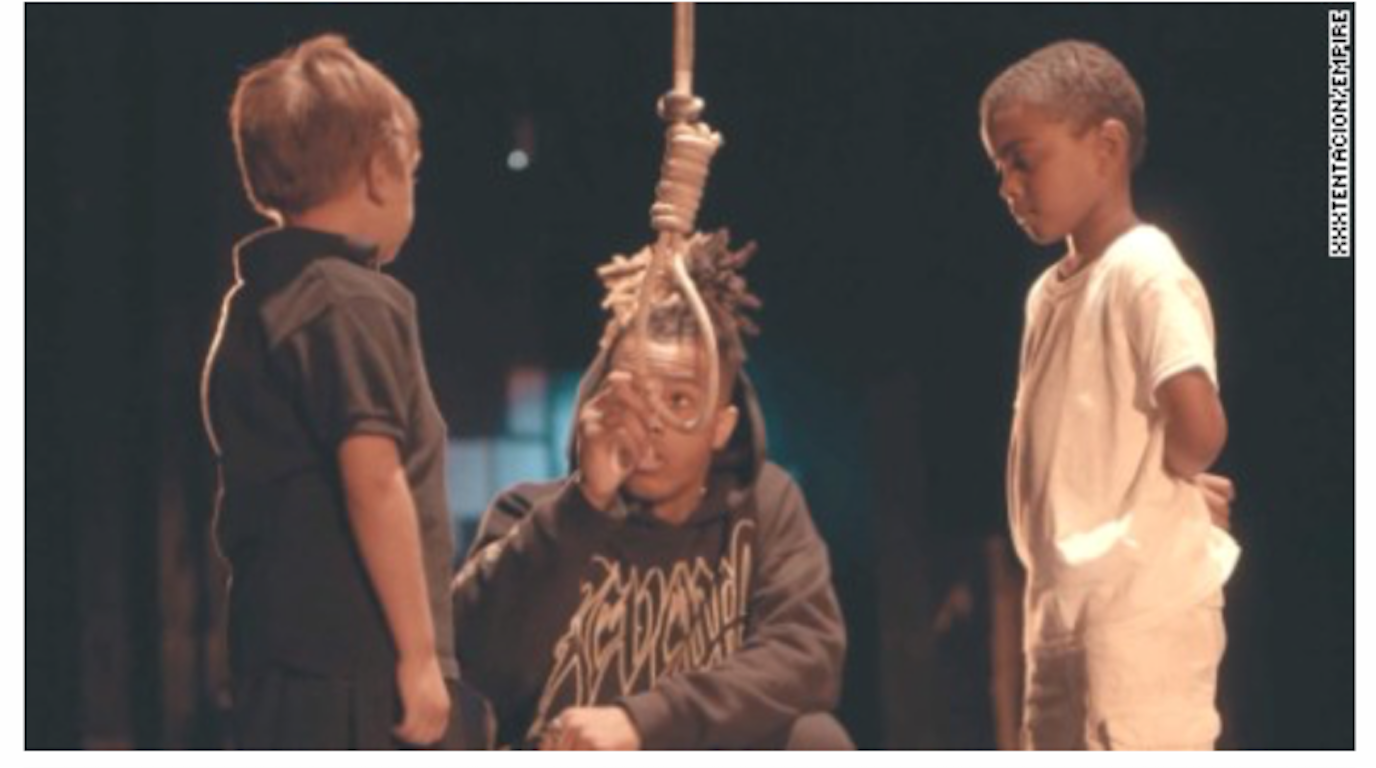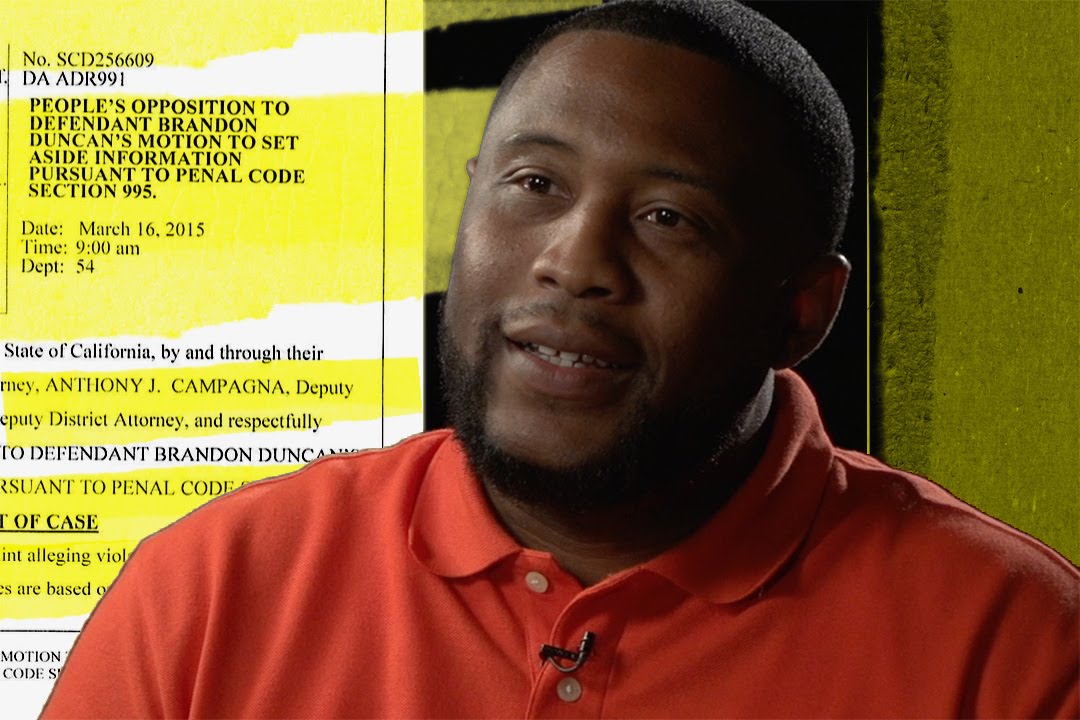https://www.youtube.com/watch?v=yMOjga0jCkc
Americans have a difficult time dealing with death. Death is the unknown; it is beyond human comprehension and people often fear what they do not understand. In the literary work “Rap as Wrap and Rapture,” author James W. Perkinson presents several examples in American society where our fear and denial of mortality is evident. For instance, we use words to soften the harshness of death, such as “laid to rest,” “called home,” and “passed away”. In American funerals, we also make efforts to display the dead as merely sleeping: such as Open Casket funerals–common in the U.S.–where the dead lay cleaned and peaceful in their coffin. Additionally, American culture reflects its fear death by personifying it as a sinister, faceless skeleton named “The Grim Reaper.” American culture shelters itself from death not only out of fear and protection but also in order uphold social constructions which expect white, middle-class Americans to be immaculate and sheltered. “Gated communities” have become increasingly popular, and serve the purpose of protecting those within it from the dangers of outside. Growing up in the streets of LA, criminality was a part of life, and Tupac Shakur had faced death enough times to call it a friend. Through the art of his rap music, Tupac confronts crime and our sinister concept death head on and puts it right in our face. In his song “Ready 4 whatever,” he first diminishes death’s power by mocking it and laughing at it. “Rule number one… niggaz die, daily, hahahaha” He then communicates that death is a natural occurrence, part of the cycle of life. “Your time to expire, nobody cry every man gotta die.” Finally, Tupac explains that when he dies, he will die with honor and pride, as he states, “when they bury me they bury me a G.” Tupac boldly confronts the reality of death in many of his other songs as well. Such as “All Eyez on Me,” where he alludes to the fact that he will one day die, saying, “livin life as a thug nigga until the day I die.” Or in “Starin’ at the World Through My Rearview” where in the chorus he states that it’s time to die and in the verses he says, “we all die, breed bleed like humans.” Because death is inevitable, why dwell on something we cannot change? Those who practice Buddhism recognize this notion, and therefore spend their lives preparing for death. Unlike American’s, death is not something dark that they fear but something bright that they look forward to, for they believe in a cycle of life, death, and rebirth. With this attitude, Buddhists live a much more tranquil life. Tupac and Buddhists, are on to something. Death may seem tragic and evocative of crime, but it is a natural part of life. By sheltering ourselves from it, our wounds will only become rawer. When a person dies, we should not mourn or deny their death, but instead, celebrate their life and focus on the light they had brought when they were here. With this attitude, American society as a whole will be much stronger.






